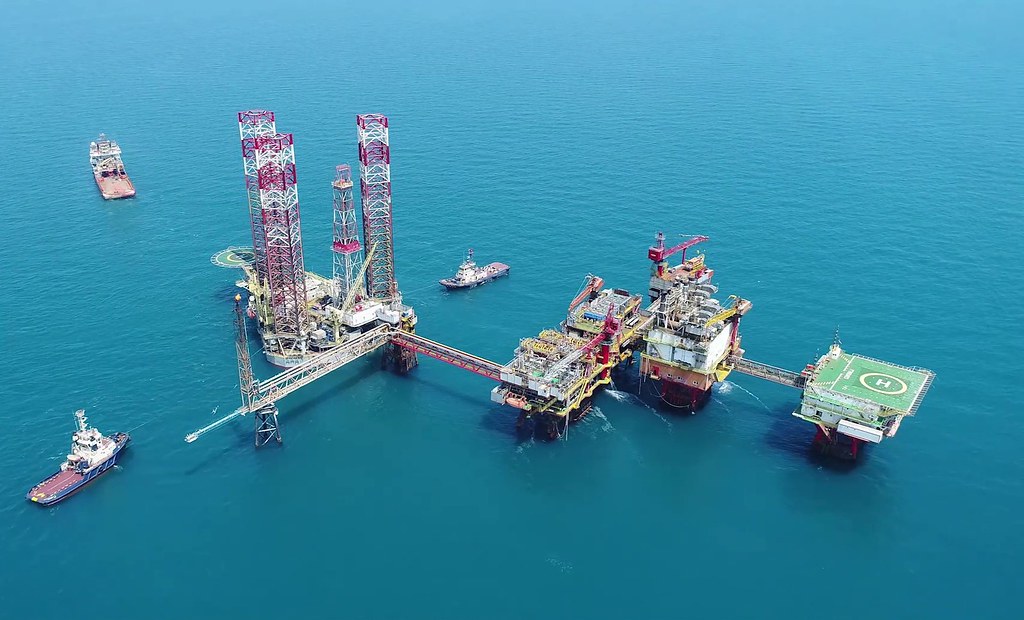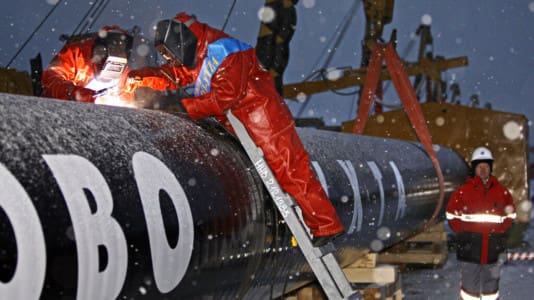Romania is halfway through the legislative process of approving the Neptun-Deep offshore gas platform in the Black Sea, but it will take years and billions of dollars for production before any measurable difference in the country’s energy balance is achieved, analysts have warned.
The Romanian Senate adopted on Wednesday the legislative proposal to amend the Offshore Law, which regulates the oil operations of exploration, development, exploitation of oil fields in both offshore and deep-sea offshore oil perimeters.
The bill has yet to be approved by the lower house of the legislature, but this does not mean that Romania will have Black Sea gas this year, economics analyst Adrian Negrescu told news portal Ziare.
“The start of operations in the Black Sea by Romgaz and OMV Petrom will take two to three years from now. It is a billion-dollar logistical effort to extract gas at the desired level from the Black Sea,” he said.
“Only in 2025-2026 will Romania be able to see the Black Sea gas resource as a viable alternative to what it currently exploits from reserves, from the national territory and what matters especially from the relationship with Russia,” Negrescu concluded.
Romania is already less dependent on Russian gas than most other central European countries. On a typical winter day, Romania uses 40 million cubic meters of gas, of which some 24 million cubic meters come from land-based domestic extraction. The rest, however, albeit via three different routes, all comes from Russia.






